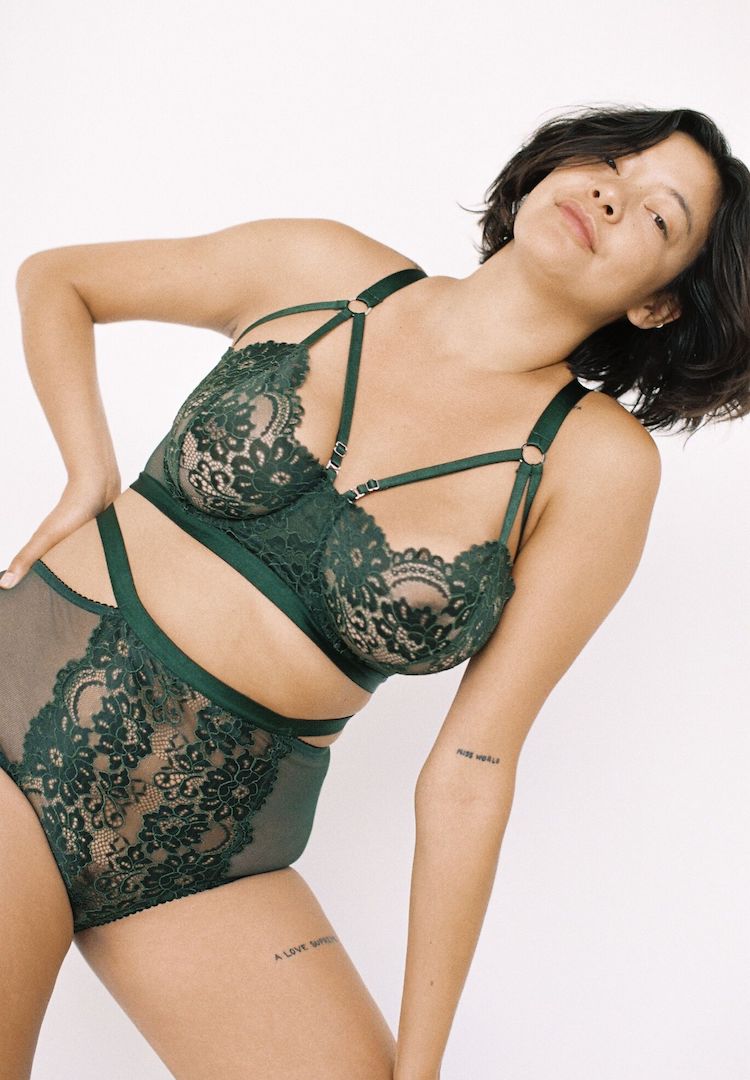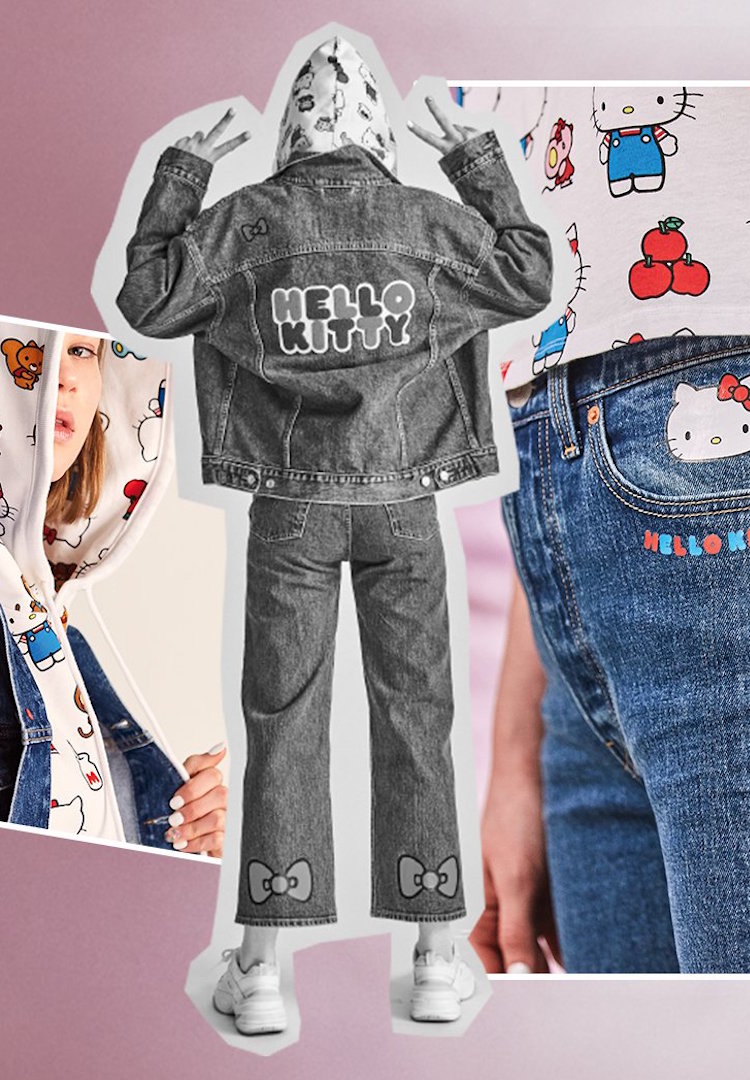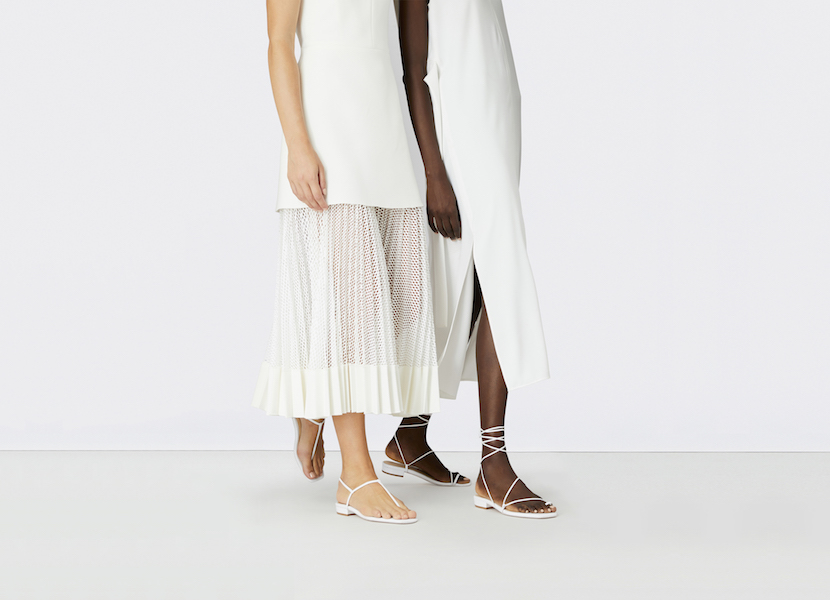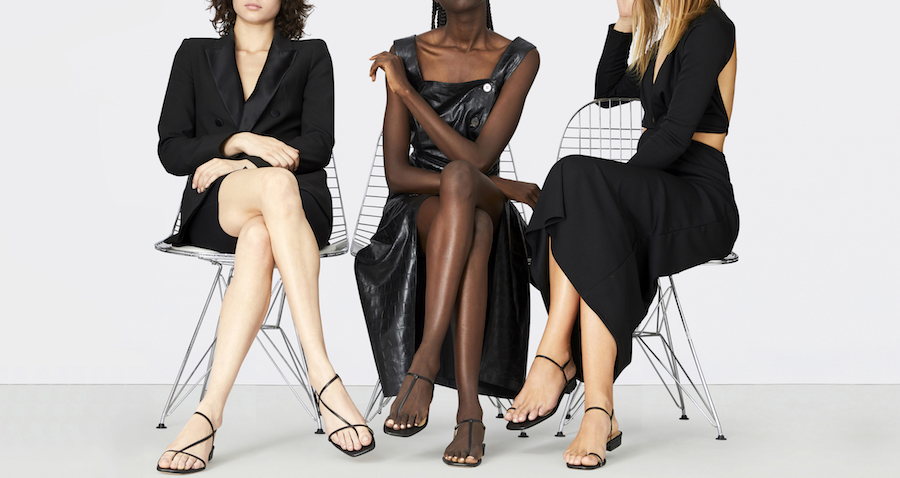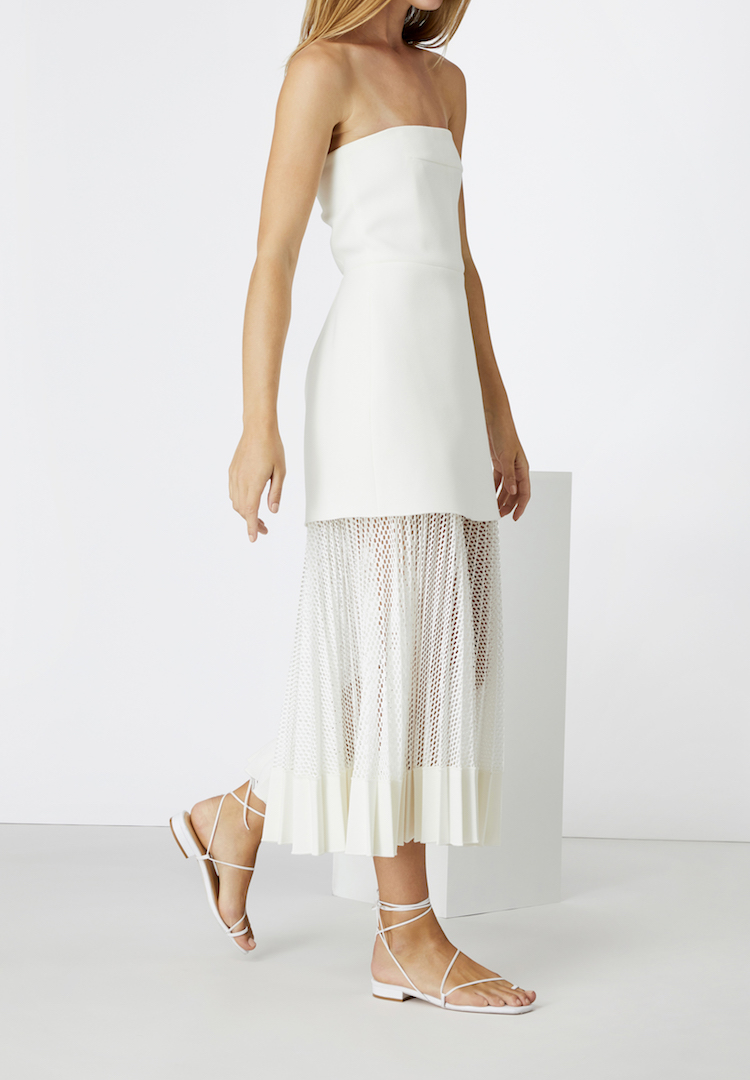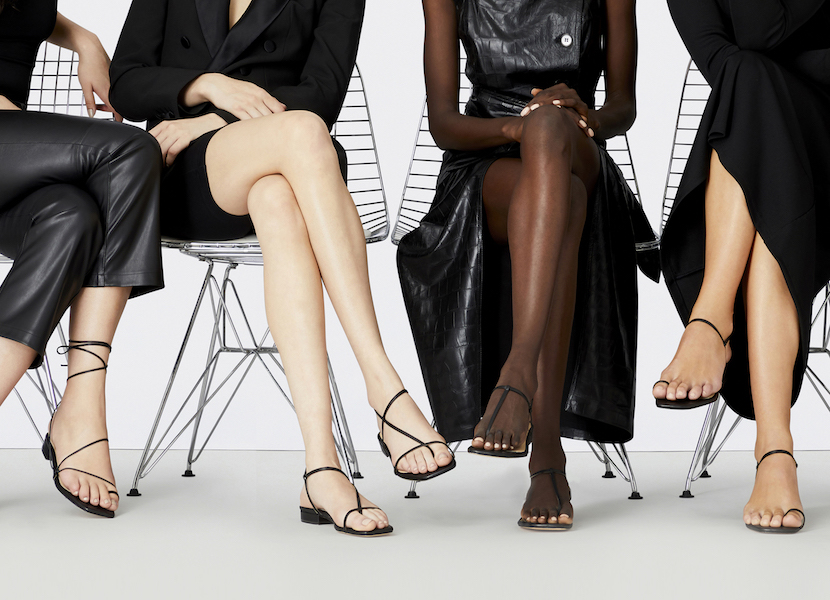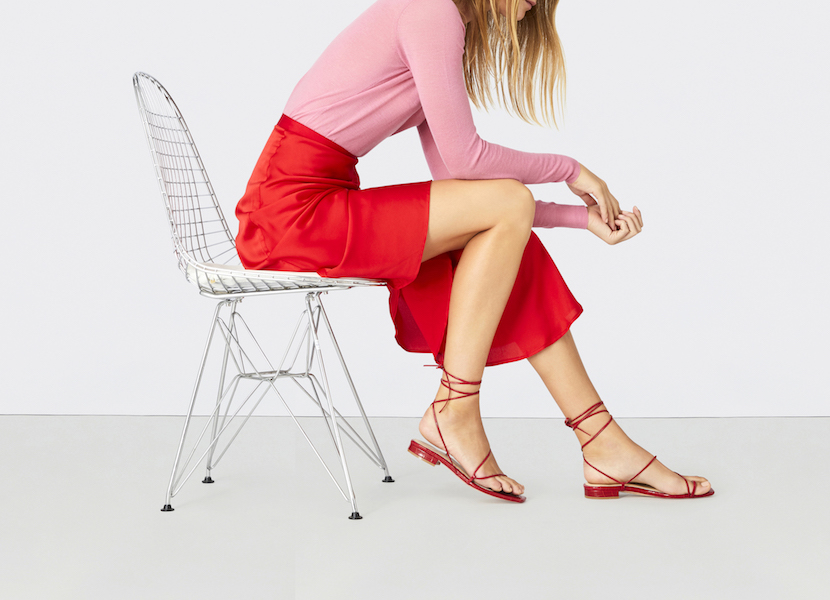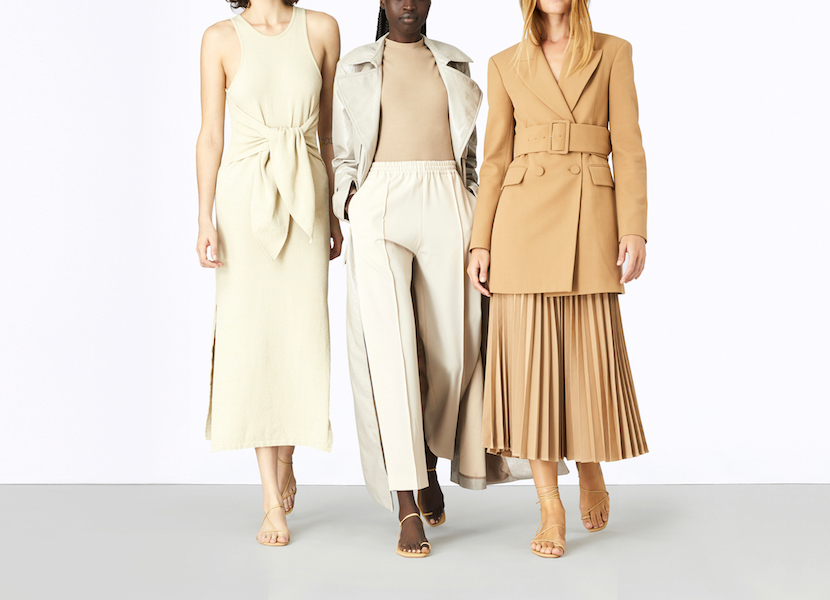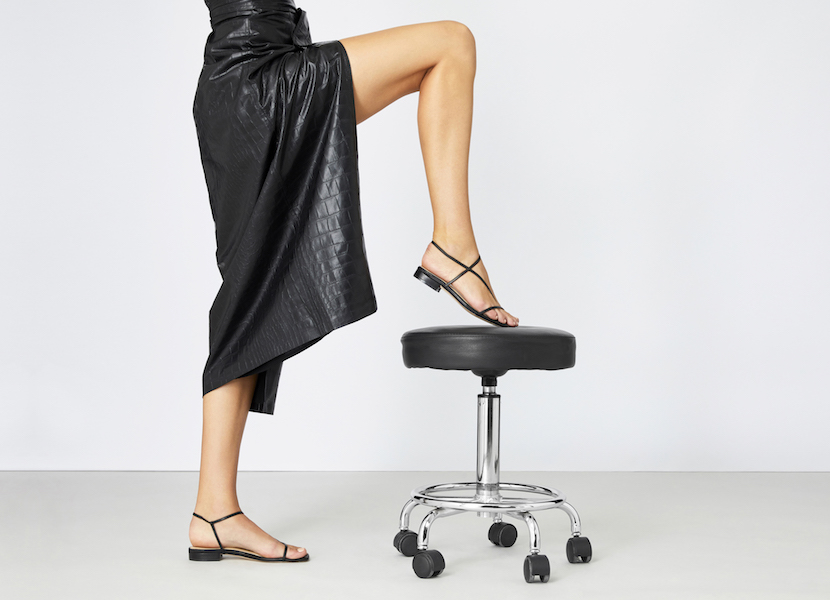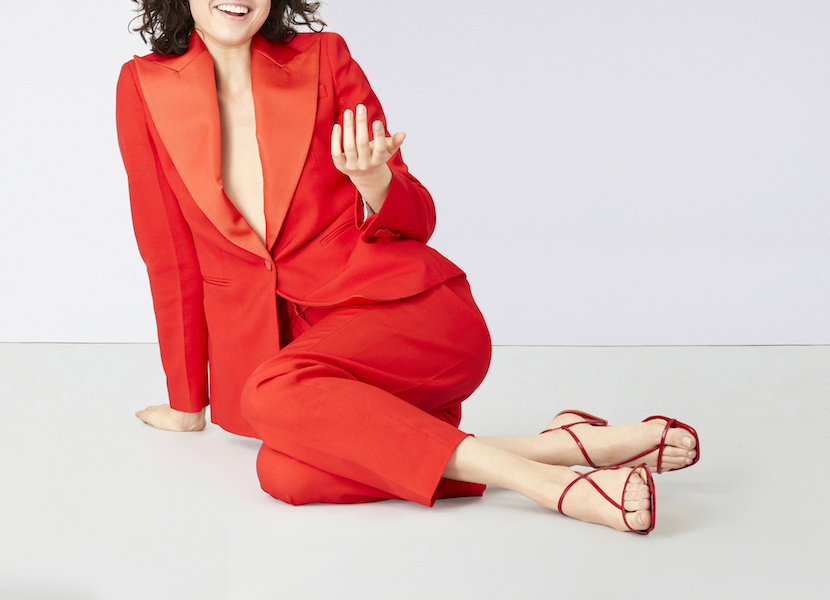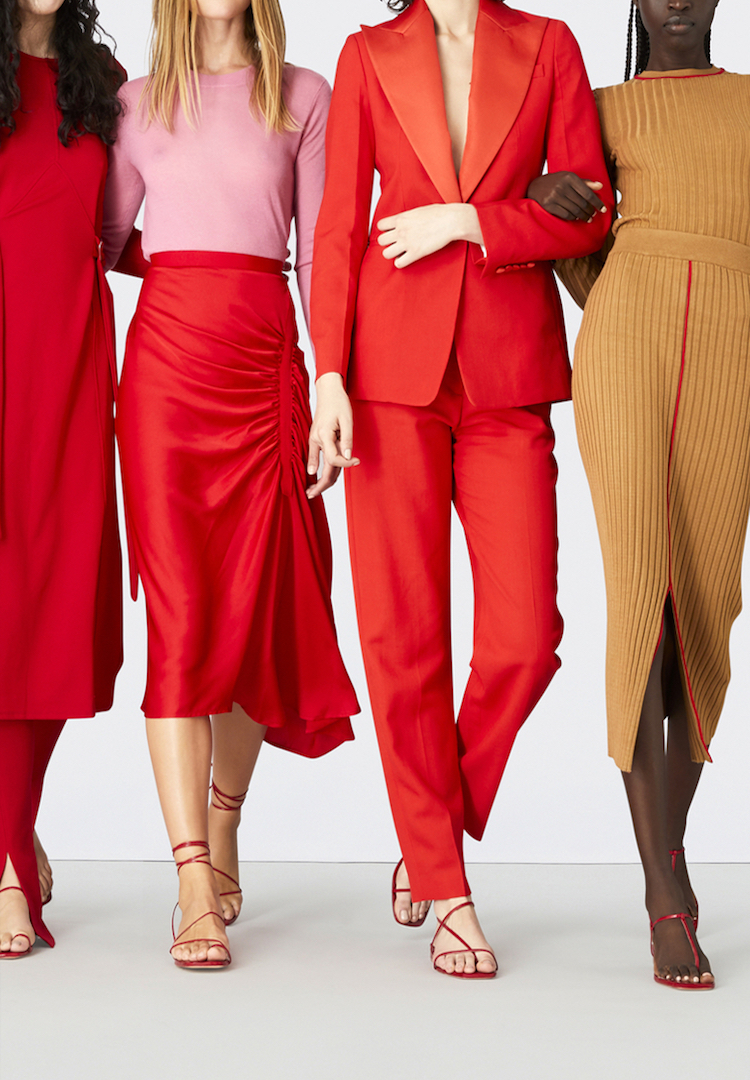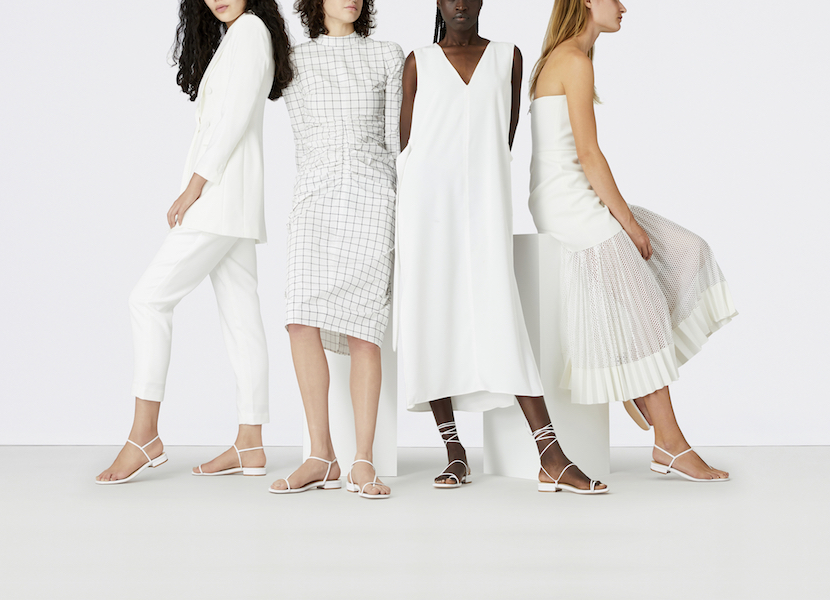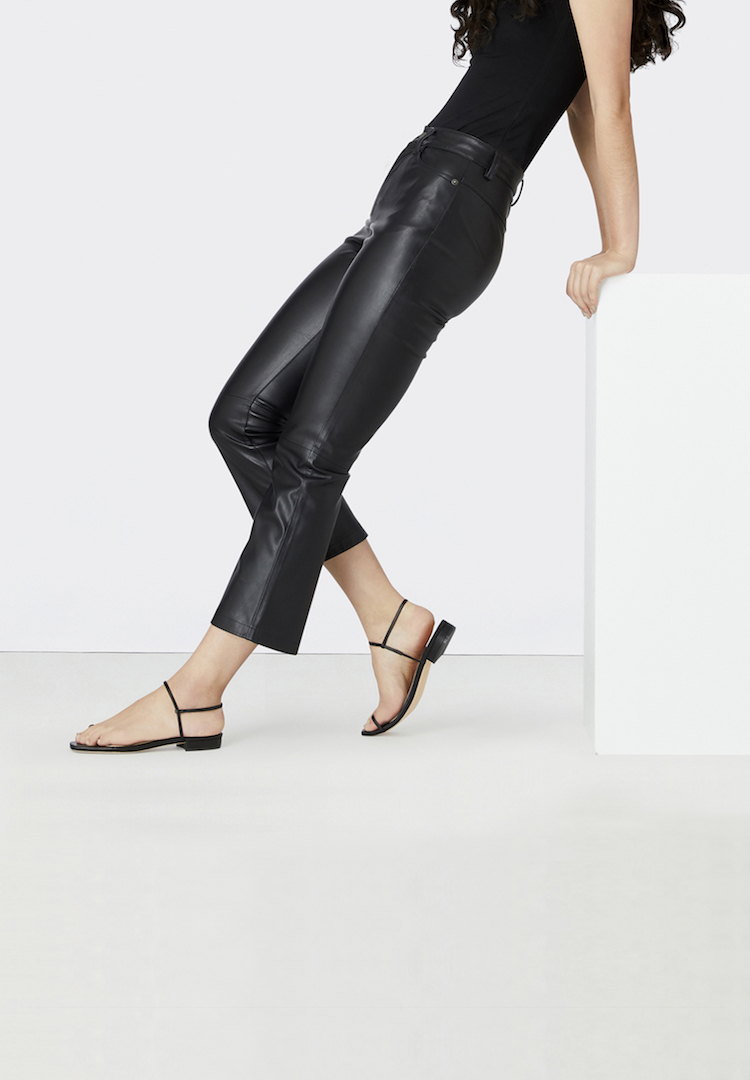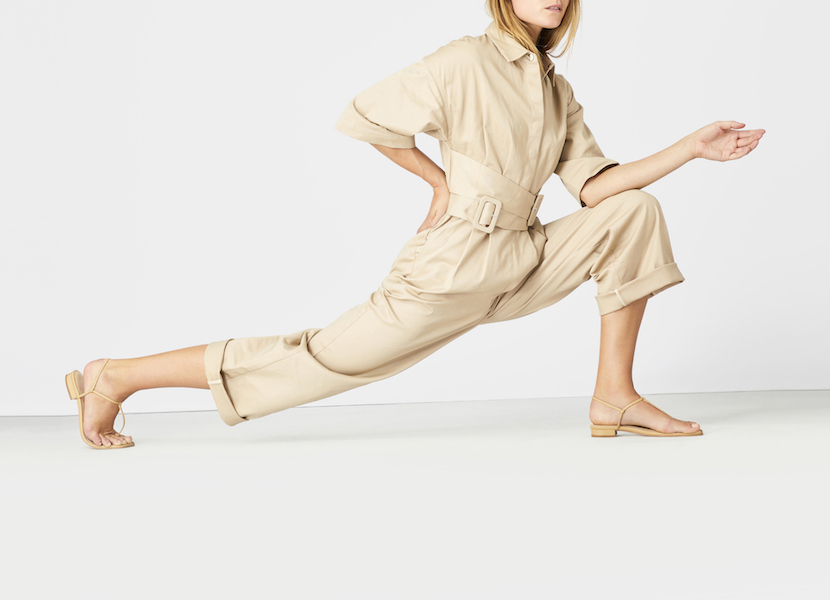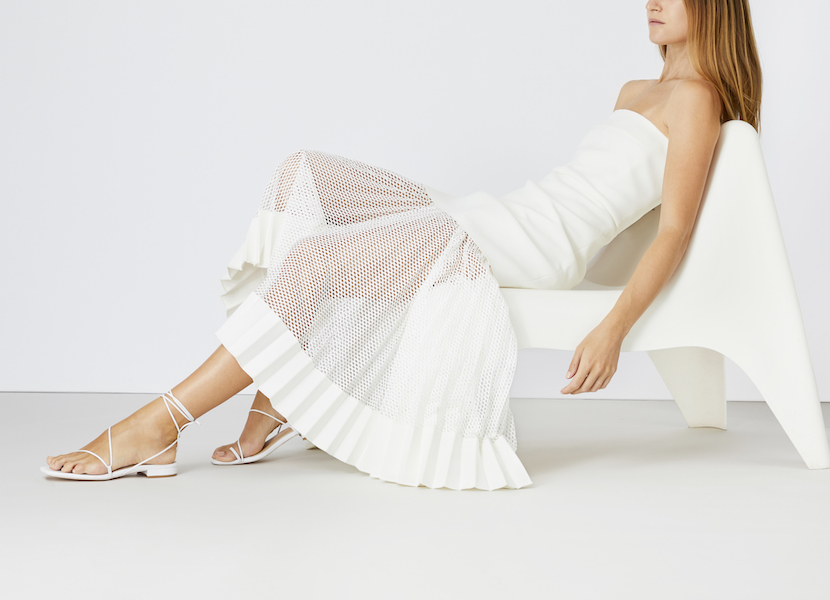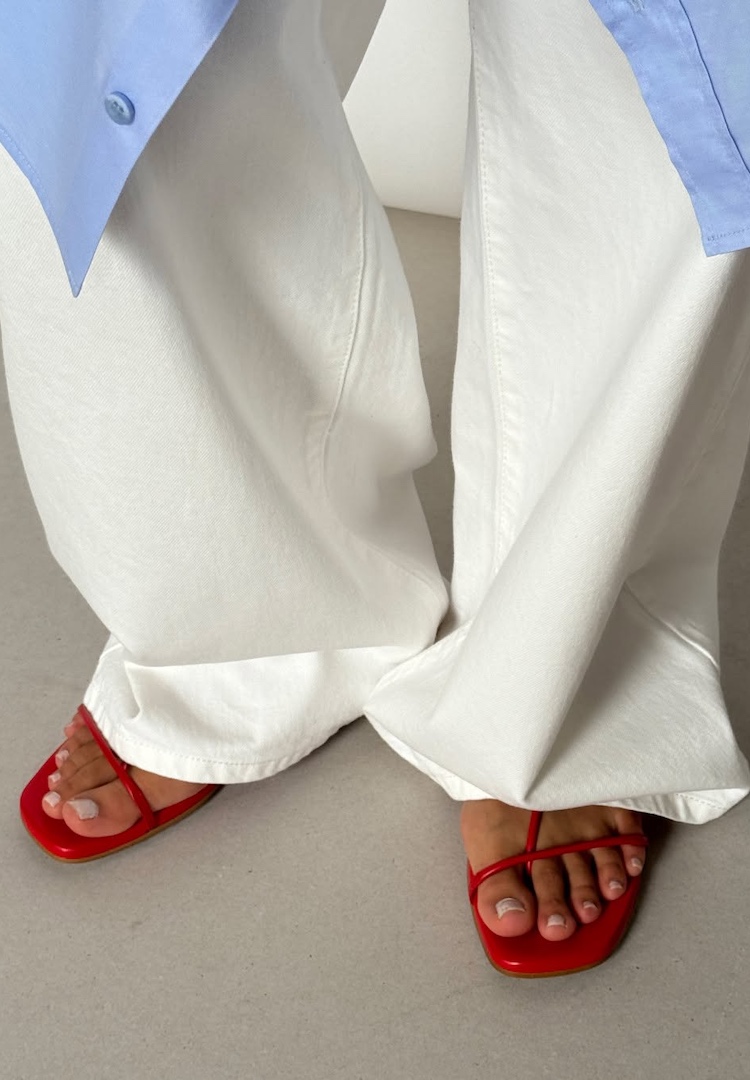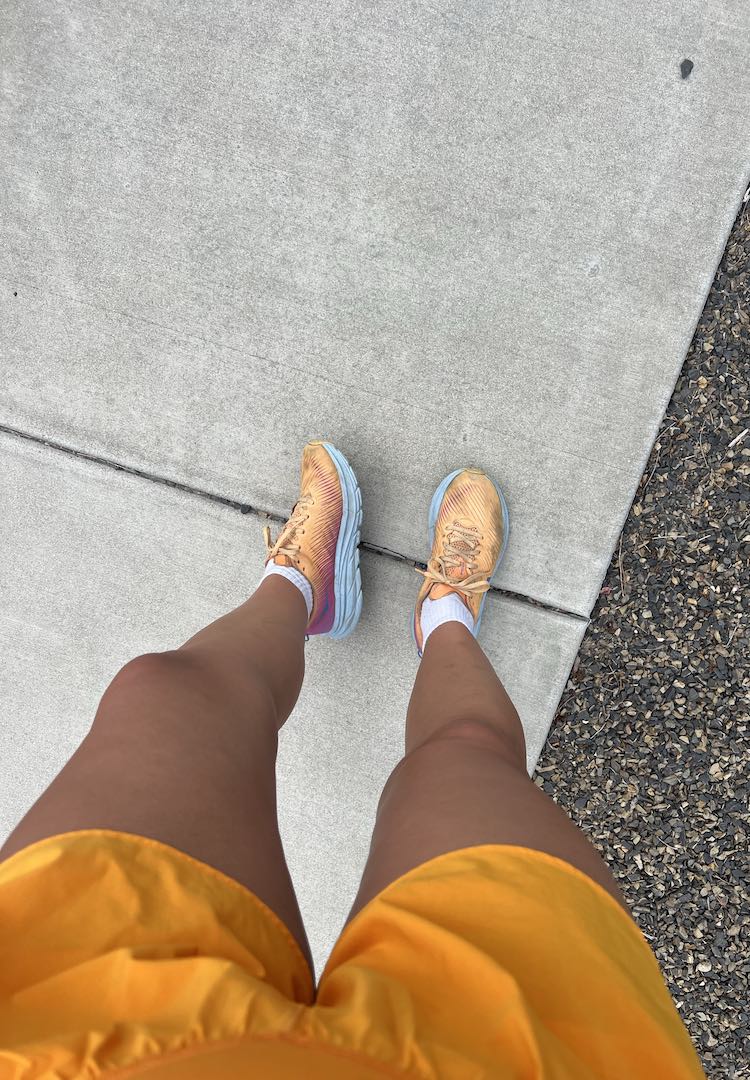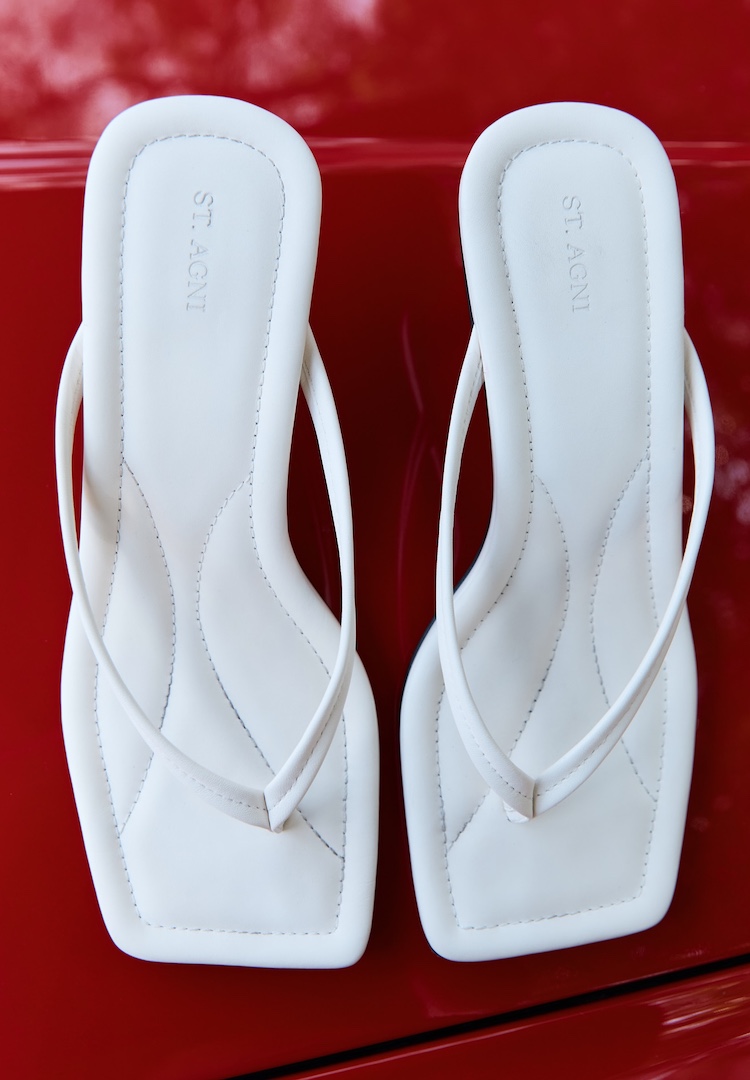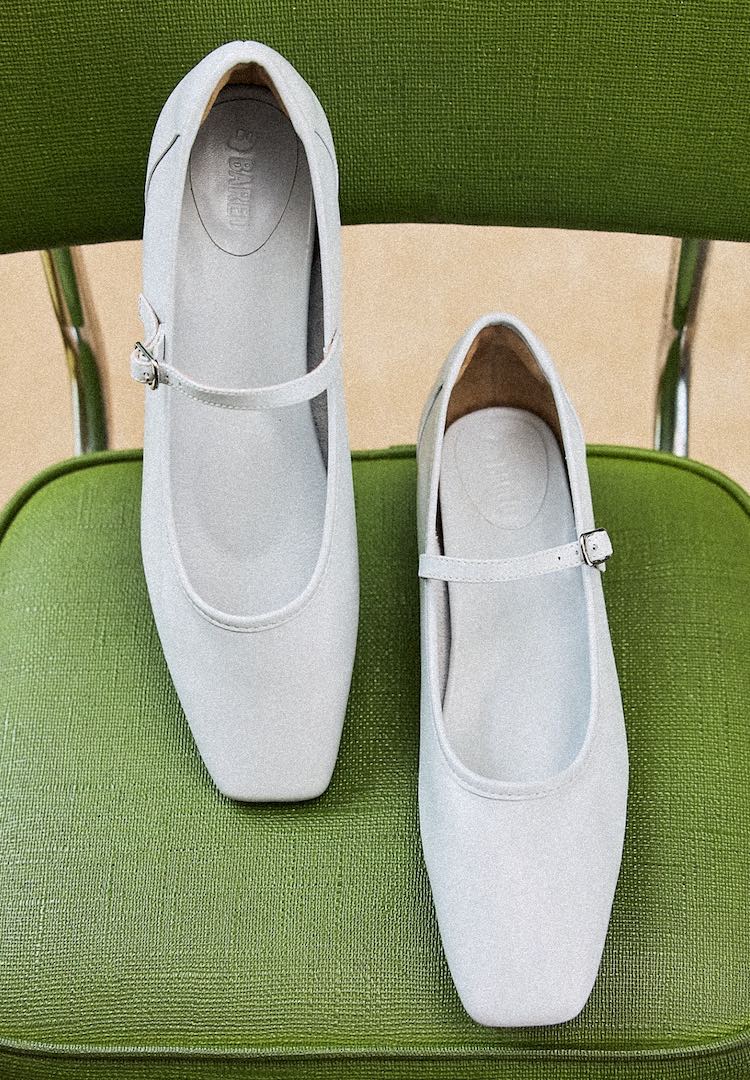Studio Amelia asks her followers for design input
Words by Ruby Staley
From humble beginnings.
Who would have thought that if you had no experience in fashion, a background in tech would be the next best thing for an aspiring designer?
But for Emily Amelia Inglis, the founder of footwear label Studio Amelia, that was exactly the case.
Just this time last year, the brand was still just a dream.
Frustrated about the lack of footwear available that was “contemporary and modern, without being too trend-driven, at a workable price point,” Inglis started conjuring up designs of her own.
A couple of prototypes, an Instagram story, and a $10 boost later, Emily was a literal overnight success.
“I woke up to numerous comments and DMs from women in the industry asking about when and where they could purchase my designs,” she said. “Some high-profile buyers and fashion directors had contacted me as well.”
She had secured stockists from Net-a-Porter and Moda Operandi before the first collection had even launched. And though she’s playing in the big leagues now, she’s still operating as a one-woman show from a room in her Sydney house with the same design philosophy she had from the beginning.
Pulling from her tech background, her design process utilises data she collects herself.
She uses social media to interact with her customers directly, and through Instagram stories Inglis gathers market research to best inform her creative choices.
She describes this as a collaborative process and an integral one at that.
“When I ask my audience to vote on their preferred style or colour, it will often turn out something like 55% for one and 45% for the other,” explained Inglis. “This doesn’t mean I will cancel the less popular option, but instead I use this data to adapt our production volumes to reflect demand by ordering more of the first style, and less of the second.”
Ultimately, this means excess stock and wastage are minimised, saving herself money in the process.
Inglis explains that she was disillusioned when working for other companies in the past who were inefficient with their resources.
“Just because you can afford to produce thousands of units, does not mean you should,” she said.
So, for her own brand, she decided to take a different approach. A more considered and responsible approach.
“I was born and raised in east London to a working-class family which meant it was about spending wisely on the right things,” she explains when asked about her design emphasis on practicality.
“Practicality means versatility which makes for a much wiser investment. And in this day and age, we should all be making wiser buying choices.”
For the first collection, Inglis held off production until all the retail orders were completed. Even though this meant entering the market a little late, she refused to assume retailers and customers would buy in.
This time around she explains that she would “once again keep production very lean”, to be as ethical and economical as possible. But at the heart of it, her design ethos is about respecting her customers.
“I wanted to ensure that from day one, Studio Amelia was completely genuine. My customer is an intelligent woman; she calls bullshit when she sees it, and I think we’re all a bit sick of the lack of genuine output.”

